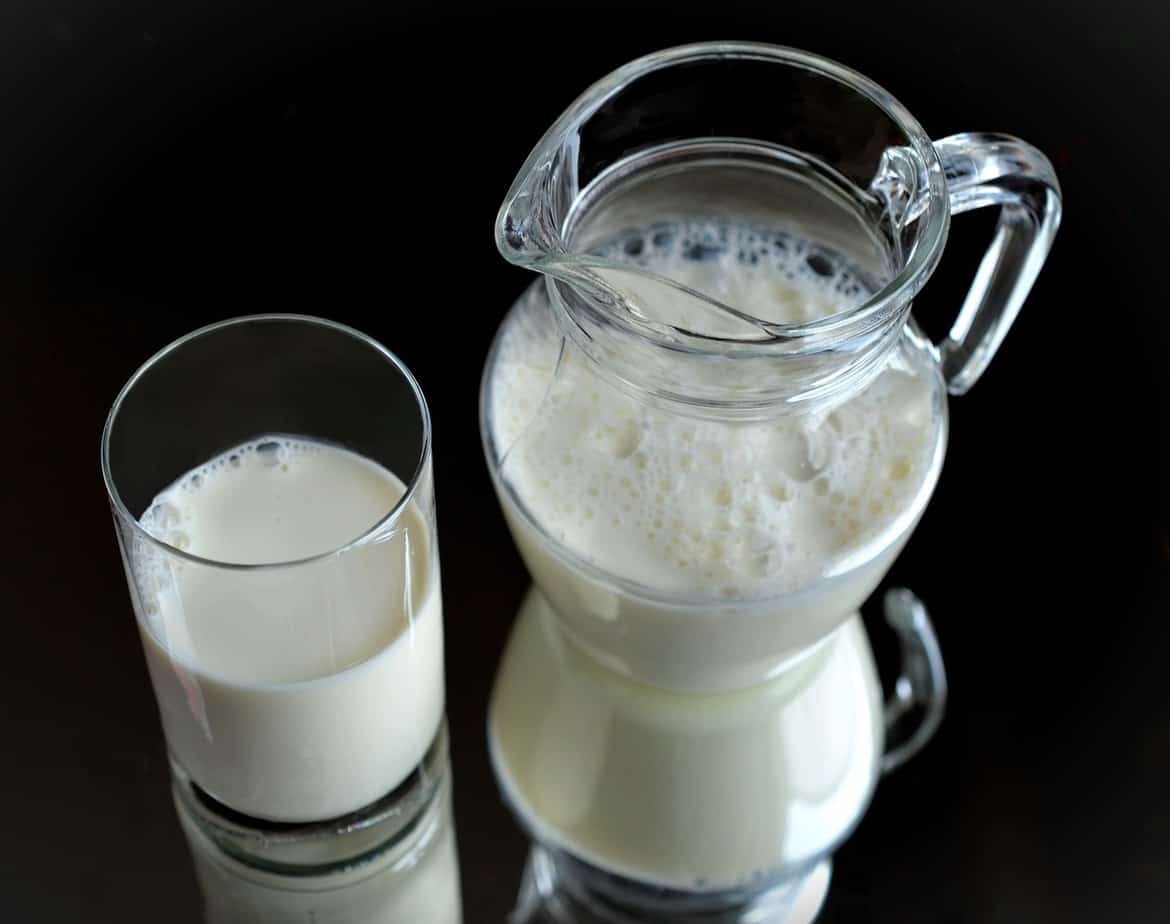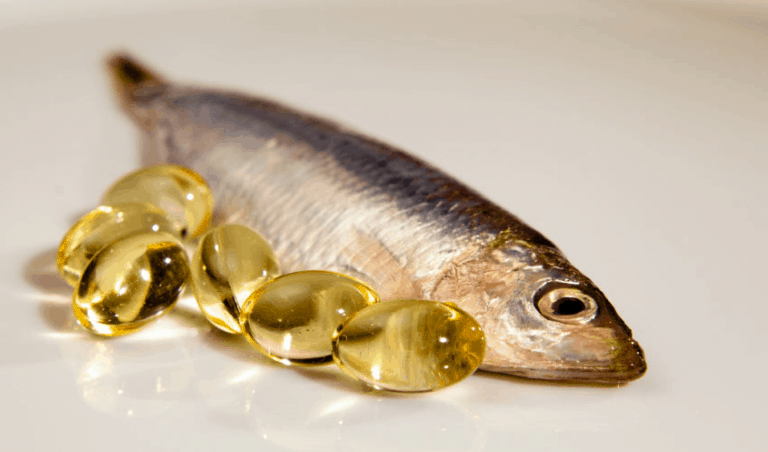Calcium supplements are one of the highest selling natural products in America yet there are many reasons to avoid taking them. These include an increased risk of kidney stones, prostate cancer, and heart attack. As with most vitamins and minerals it is best to get calcium through a varied and balanced diet. If you are concerned about prostate cancer, studies indicate that nondairy dietary sources of calcium are best.
3 Reasons to Avoid Calcium Supplements
Kidney Stones: Even though calcium in your diet does not cause kidney stones, calcium supplements are linked with kidney stones. The results of several studies indicate that high levels of calcium in the blood are associated with kidney problems and the formation of calcium stones.
A large study followed 91,731 nurses who never had kidney stones for 12 years. Their dietary habits, use of calcium supplements, and incidence of kidney stones were followed. The results showed that the nurses who took the highest amount of calcium from their diet were half as likely to develop kidney stones, but the nurses who took calcium supplements were 20% more likely to develop kidney stones.
When calcium is taken in through food, the calcium binds to oxalate from food in the intestine. This prevents it from being absorbed into the body and therefore excessive amounts are not absorbed into the body and don’t have to be excreted through urine. That is why dietary calcium from the food you eat protects you from kidney stones and the calcium from supplements taken without food are absorbed and have to be excreted through urine, increasing risk of calcium stones forming in the kidneys.
Prostate Cancer: Based on the results of several studies of different populations and calcium supplementation, the World Cancer Research Fund classified calcium as a probable cause of prostate cancer. Both calcium from supplements and calcium from dairy put men at higher risk, although additional studies have also found that nondairy sources of calcium also can increase risk of prostate cancer. The bottom line is to limit calcium intake—especially from supplements.
One study looked at calcium supplements and dairy intake. The European Prospective Investigation into Cancer and Nutrition study examined the diets of 142,251 men. Researchers looked closely at the participants’ consumption of animal foods, protein, and calcium. After an average of 8.7 years of follow-up, 2,727 men had been diagnosed with prostate cancer. Of the men with prostate cancer, 1,131 had localized disease while 541 had advanced stage prostate cancer. The dietary data analysis indicated that calcium found in dairy foods (but not other foods) and a high intake of dairy protein were both associated with an increased risk of prostate cancer. The results supported the authors’ hypothesis: “that a high intake of protein or calcium from dairy products may increase the risk for prostate cancer.” Read on to learn about supplements that work and don’t work for prostate cancer.
Heart Attack Risk: Calcium supplements can also increase your risk of heart attack. The European Prospective Investigation into Cancer and Nutrition (EPIC) study is based on the findings of almost 24,000 people whose health was tracked for an average of 11 years.
Participants in the study who regularly took calcium supplements were 86% more likely to suffer a heart attack than people who did not take any supplements. And the risk of having a heart attack was higher than that for people who took calcium as their only supplement. These results indicate that getting calcium from diet provides the best heart protection when compared with not getting much calcium from diet and using supplements.
Nondairy Sources of Calcium
Get your calcium from natural food sources but not milk or dairy products, which have been shown to increase your risk of prostate cancer.
Natural food sources of calcium include:
- Tofu
- Chia seeds
- Sardines
- Mussels
- Collard greens
- Kale
- Bok choy
- Figs
- White beans
- Spinach
- Almonds and almond butter
- Sesame seeds
- Broccoli
Benefits of whole food sources of calcium are that they supply your body with minerals and micronutrients. Minerals such as zinc, manganese, copper, magnesium, and strontium found in these foods help with calcium metabolism and bone health.
Overall, most studies on calcium and its effect on kidney stones, prostate cancer, and heart health seem to come to the same conclusion. Don’t over do it with calcium, especially if you are high risk for prostate cancer. Get your daily calcium from your diet and not from a pill.
References:
Allen NE et al. Animal foods, protein, calcium, and prostate cancer risk: the European Prospective Investigation into Cancer and Nutrition. British Journal of Cancer 2008 May 6; 98(9): 1574-81.
Taking Calcium Supplements? Want To Avoid Kidney Stones?







